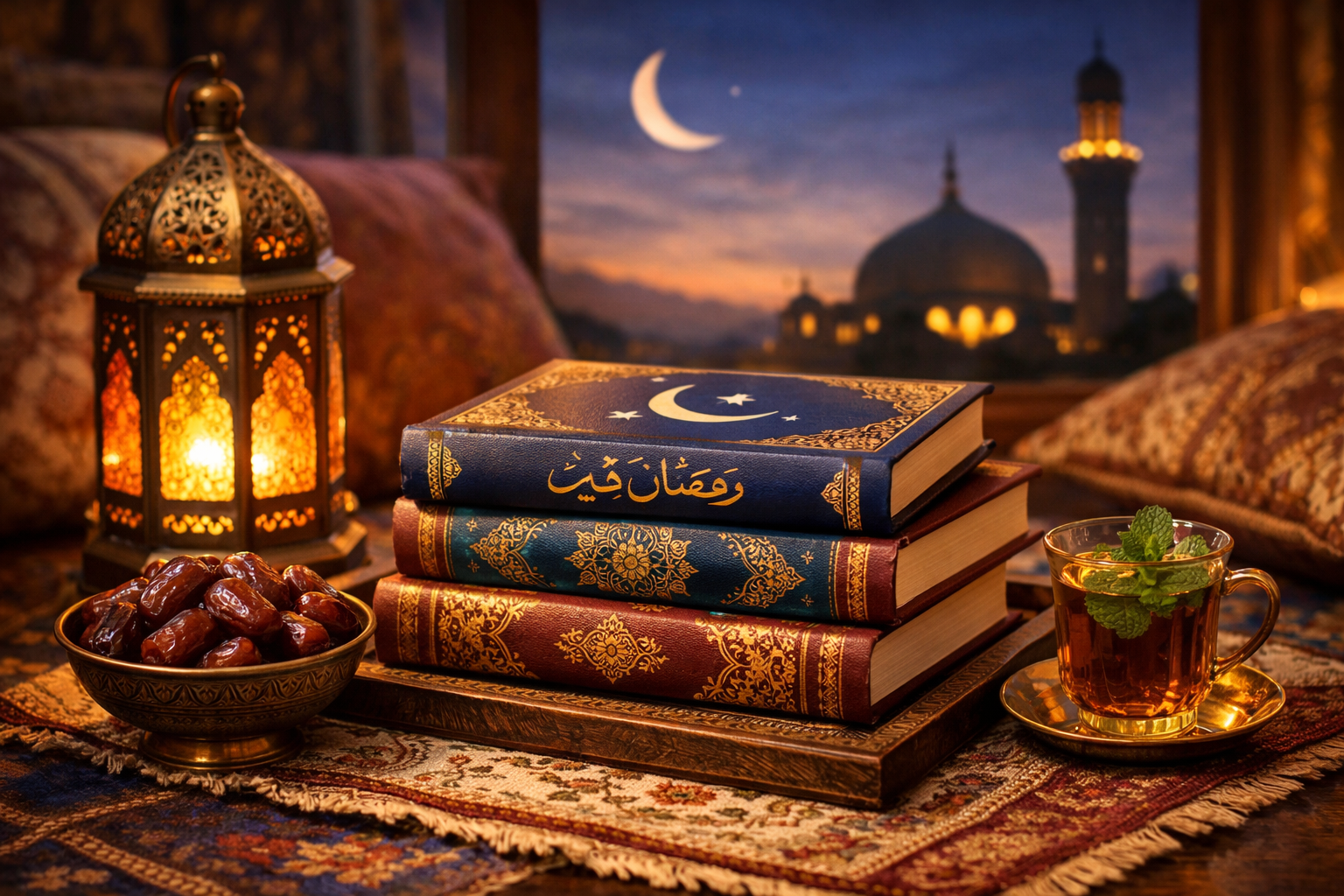
Fifa President, Gianni Infantino, accused the West of racism and hypocrisy and the media of preaching a “one-sided moral lesson.”(Credit: Mustafa Yalçın/Anadolu Agency)
Hamed Chapman
During the 2022 World Cup, Qatar was widely and vociferously condemned by the West very selectively and in a manner that had virtually nothing to do with the quadrennial football tournament coincidentally being held for the first time in a Muslim country.
The peninsular Arab state, which is smaller than London and has a population of less than three million, was singled out not just by the media but by politicians of most persuasions as well as an assortment of campaign groups, often for having just different values.
One of the most prominent criticism was the criminalisation of homosexuality in Qatar, even though it was outlawed almost universally until recent decades and remains so in much of the world, including in most Commonwealth countries, many of which are Christian.
Some of the attacks directed at the Persian Gulf country include the ban on players wearing ‘OneLove’ rainbow-coloured armbands to show support for LGBTQ+ rights, which are in contravention of Fifa rules against the displaying of political, religious and personal symbols on football shirts. This is despite attitudes in the football world that have never been renowned for celebrating such sexual identities, including in the UK, where it was not until May 2022 that the first male British footballer came out as openly gay.
Setting an unusually hostile and disrespectful precedent, the BBC unilaterally decided not to broadcast the opening ceremony, which included the Muslim custom of reciting the Qur’an. Instead, a highly charged political monologue was broadcast by the highest-paid presenter, Gary Lineker, who, it later emerged, pocketed £400,000 a year from 2009 to 2013 for Champions League coverage on Qatar-owned Al Jazeera, including stays in five-star hotels and first-class flights.
This was despite Foreign Secretary, James Cleverly, calling on fans to be courteous when travelling to the tournament. “When British nationals travel overseas, they should respect the laws of their host country,” he said.
The minister also confirmed that he would not be boycotting the World Cup, in contrast to the cautious Opposition Leader, Keir Starmer, who had declared that “the human rights record is such that I wouldn’t go, and that’ll be the position of the Labour Party”.
Such was the extent of the selective moral outrage that Fifa President, Gianni Infantino, accused the West of racism and hypocrisy and the media of “spitting” on the hosts, saying they were preaching a “one-sided moral lesson. We have been taught many lessons from Europeans and the western world. I am European.
For what we have been doing for 3,000 years around the world, we should be apologising for the next 3,000 years before giving moral lessons,” said Infantino, a Swiss-Italian national.
Much of the criticism was also directed at the claimed mistreatment of foreign workers in Qatar, which was blown out of all proportion, and the Fifa President said that it was Europe who closed its borders and doesn’t even allow many workers from such countries to work legally.
Moral indignity was also expressed against Iran’s participation, which extended support for protesters. Another BBC presenter, Gabby Logan, accused its team of ‘sportsmanship’ after its team defeated Wales in the group stages.
The extraordinary outburst was taken up by former German player, Jürgen Klinsmann, who was also a previous national coach to the US among others, launching a diatribe that led to the Iranian football federation calling for his resignation from the FIFA Technical Study Group designed to provide cutting-edge analysis for all the games at the tournament.
Klinsmann went as far as claiming sportsmanship was “in their culture” and extended his attack to include Iran’s Portuguese manager, Carlos Queiroz, who was also derogative, saying in his rant that “fits in well” with the Iranian team.
In a series of tweets, Queiroz, who has also managed his native Portugal’s team as well as the UAE, South Africa, Colombia and Egypt, called for Klinsmann to resign and apologise while joining the IFF in inviting him to the team’s training camp in Doha to review the match.
“Even without knowing me personally, you question my character with a typical prejudiced judgement of superiority. No matter how much I can respect what you did inside the pitch, those remarks about Iran culture, the Iran national team, and my players are a disgrace to football,” said Queiroz.
In a further twist, the US men’s football team removed the word ‘Allah’ from the centre of the Iranian flag in its tweets before the match against Iran on November 29, but subsequently apologised and reinstated it on future tweets after an official complaint.
There were no arrests of England or Wales fans during the World Cup, which is without precedent. However, the British police refused to credit Qatar’s ban on alcohol sales in the stadiums for the violence-free and family-friendly World Cup.
Instead, Mark Roberts, Chief Constable of Cheshire Police, praised UK officers “who travelled out to Qatar for the work they have done in helping to keep British nationals safe during the past four weeks.”
Roberts refused to accept the alcohol ban was entirely the reason behind the lack of arrests but said he thought “it has helped to some degree.”
READ MORE


